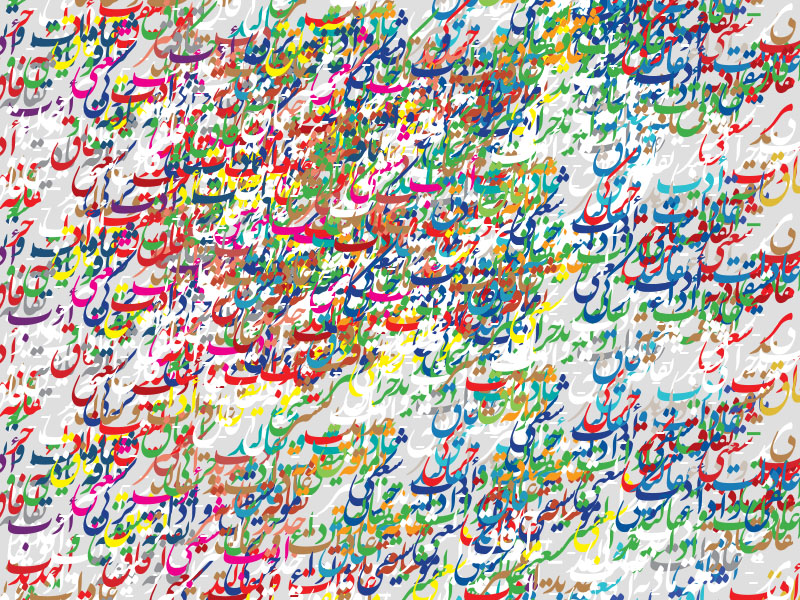The real or the synthetic ?
Issue 34

There are many stories about how pearls are formed. Some are very similar to scientific discoveries that explain the stages of a pearl’s formation.
A pearl begins to form inside an oyster’s shell when an intruder, such as a grain of sand or a tiny animal, slips into the oyster. In response to the irritation, the oyster covers the intruder with layers of nacre, eventually producing a glittering pearl.
The pearl was the basis of the economy in many Gulf countries, putting divers at risk and building the empires of pearl merchants. Pearls are an important part of the Gulf’s heritage.
Oud, which comes from agarwood, is increasingly scarce. An evergreen tree native to India and southeast Asia, agar produces a dark aromatic resin when infected by a type of mould. Many cultures value this resin for its distinctive fragrance, and use it for incense and perfumes. First-grade genuine agarwood is one of the most expensive raw materials in the world.
In the Gulf, in addition to using concentrated aromatic oils, people burn pieces of Oud on hot coal. It is probably used in Hindu and Buddhist temples, along with other types of incense.
Pearl farmers insert a grain of sand into a mollusk to create the cultured pearl, which almost wiped out the pearl-diving industry, making natural pearls very expensive.
Gangs and armed mafias took control of the majority of the forests with the highest quality agar trees in India, practically halting the export of India’s Oud. As a result, artificial Oud fragrance produced by other Asian countries has invaded the market.
Asian companies rushed to provide lower quality alternatives to meet the Gulf’s heavy demand for Oud. Oud is associated with many traditions and customs in the region and used at celebrations, eids and weddings.
Perfumes and incense are an important part of folk culture in the Gulf and the Arabian Peninsula, so it is unsurprising that the perfume industry in the region continues to flourish. According to recent research by Euromonitor International, the value of the perfume market in the United Arab Emirates is expected to reach Dh1.12 billion in 2017 from Dh937 million in 2015. According to Mintel, the value of the global perfume industry was around US$30 billion in 2015, and this is expected to increase to US$45.6 billion by 2018.
Recently, a well-known French perfume manufacturer launched a very expensive alcohol-based Oud perfume in the local market. Many companies followed suit with Oud perfumes and versions of other traditional fragrances, such as musk, ambergris, sandalwood, amber and rose oil. Unlike traditional perfumes, alcohol-based perfumes are volatile, and they only last a few minutes.
Must we accept what we can get and stop searching for the genuine article?
Do we have to make do with artificial flowers, or should we take steps to correct the situation?
Bahrain took a pioneering step when it created a regulatory organisation to test imported pearls, but how can we protect the perfume industry’s consumers?
Ali Abdullah Khalifa
Editor in Chief







































































